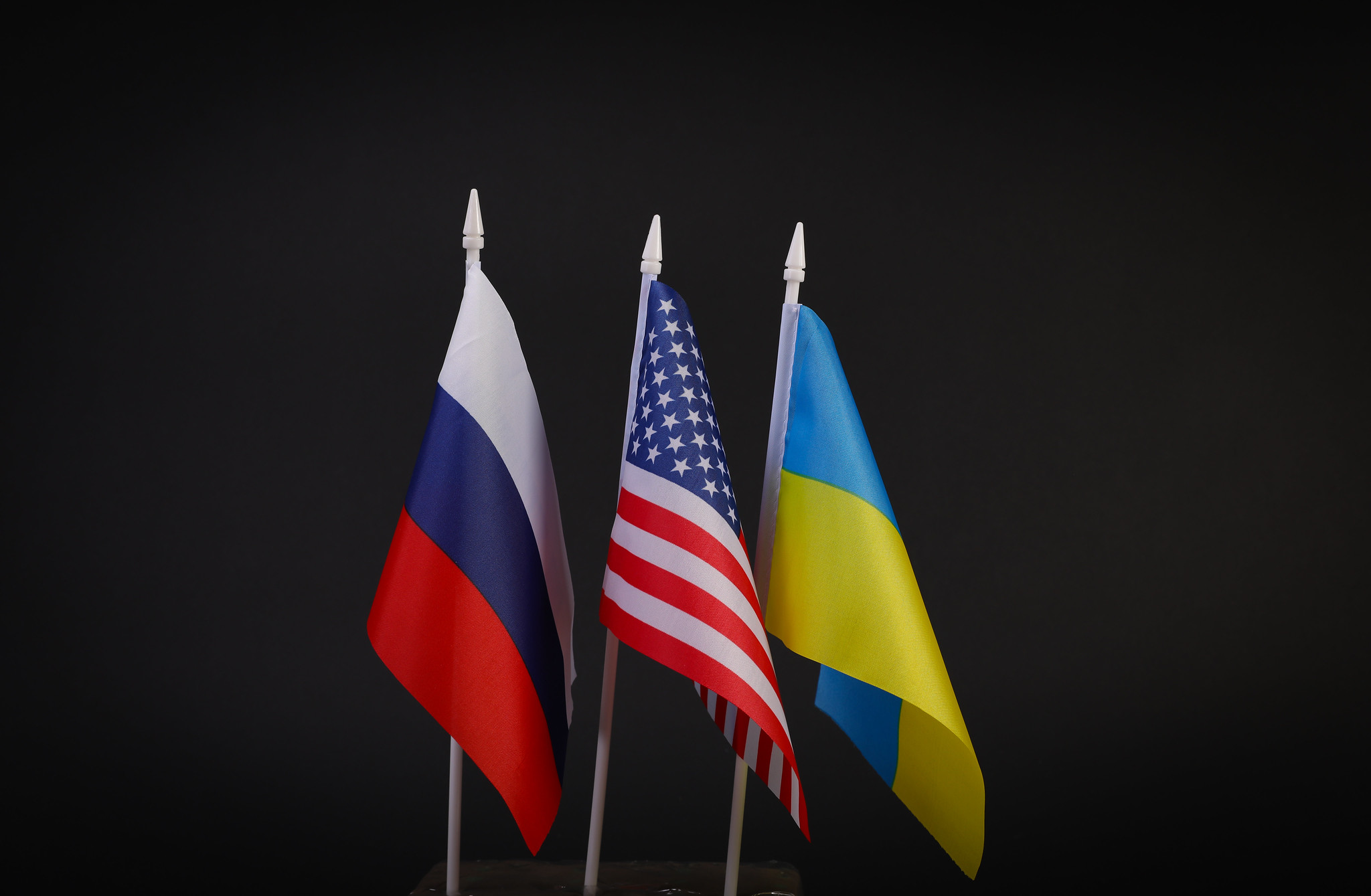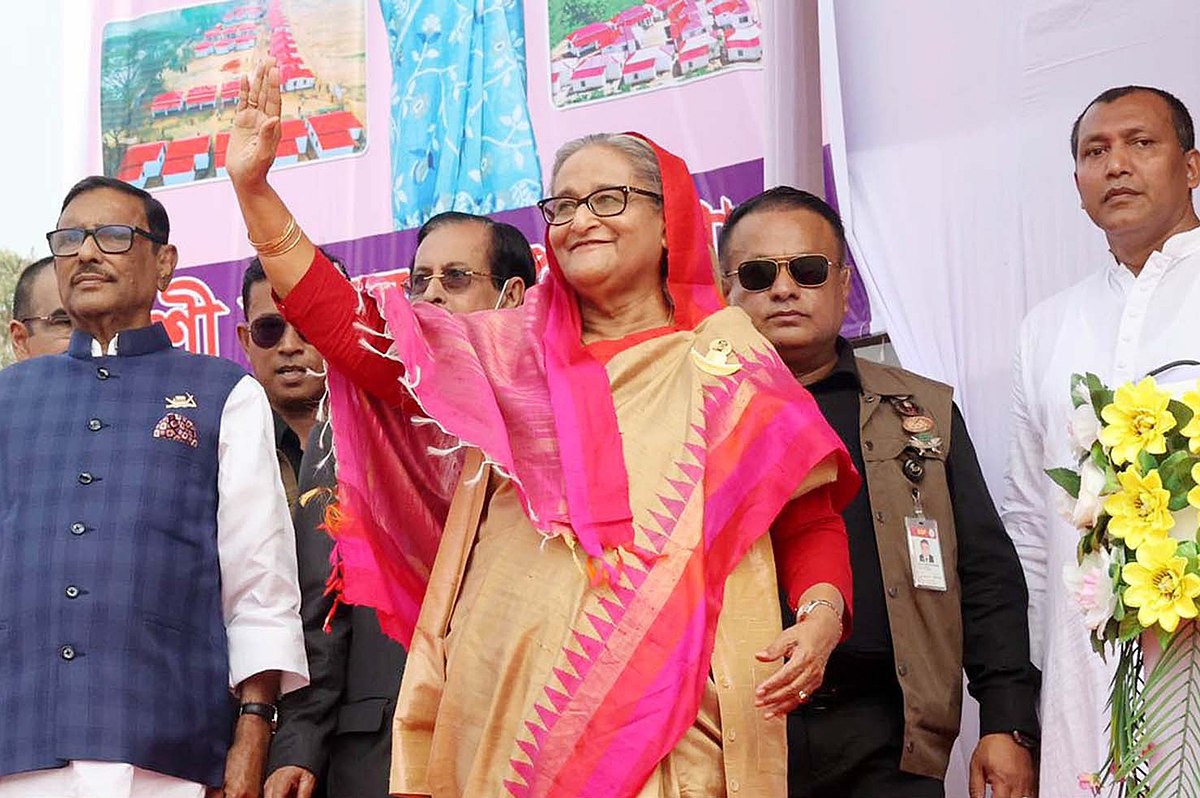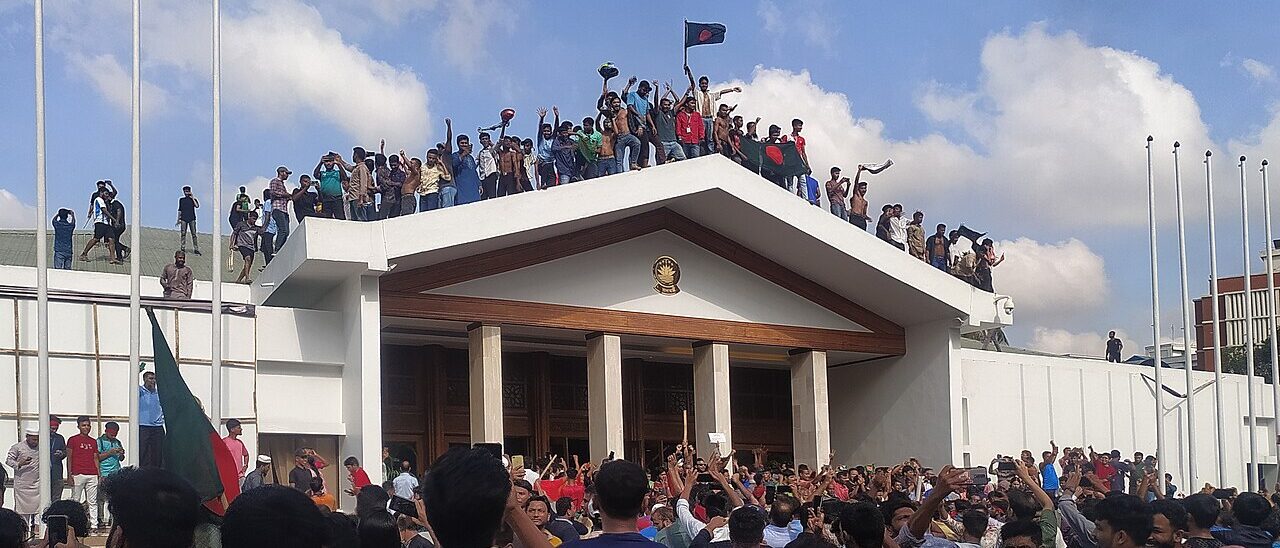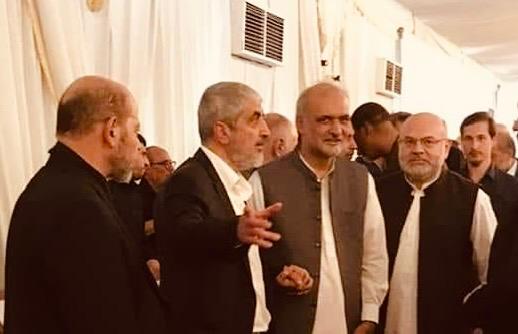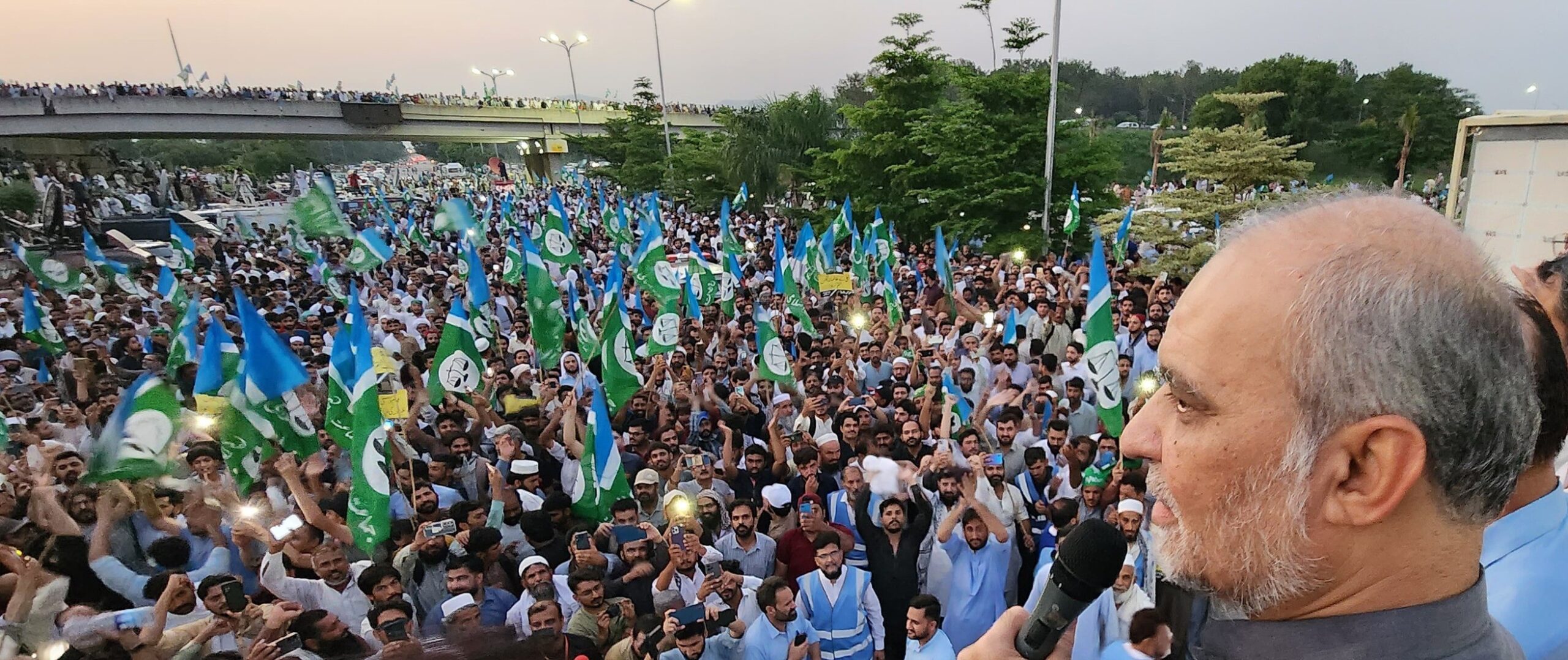This is a summary of the original article by Xavier Tytelman and Eloise Le Meitour that may be found here
The conflict in Ukraine, which began in 2014 with Russia’s annexation of Crimea and the subsequent pro-Russian separatist uprising in the Donbass region, has had significant consequences for both Ukraine and Russia, as well as the wider international community. In this article, the article’s author explores the roots of the conflict, examining the historical and cultural factors that have contributed to the ongoing tensions between Ukraine and Russia, and discuss the role of external powers such as the US and EU in the conflict. The article’s author also considers the potential future of the conflict, including the possibility of a full-scale war between Ukraine and Russia, and the potential implications for the region and the international community.
To understand the conflict in Ukraine, it is necessary to examine its roots, which can be traced back to the breakup of the Soviet Union in 1991, when Ukraine declared its independence. The relationship between Ukraine and Russia is complex and multifaceted, with a shared history as part of the Soviet Union, and different cultural, linguistic, and political identities. These differences have contributed to ongoing tensions between the two countries, which have been exacerbated by more recent events such as Russia’s annexation of Crimea.
The conflict in Ukraine has also been influenced by the involvement of external powers, such as the US and EU, which have supported Ukraine’s efforts to resist Russian aggression and maintain its sovereignty. Russia, on the other hand, has accused the US and EU of interfering in its internal affairs. There have been various diplomatic efforts to try to resolve the crisis, including negotiations mediated by the OSCE and the Minsk agreements, which were signed in 2015 in an effort to end the fighting in eastern Ukraine. However, these efforts have had mixed success, and the conflict has continued to escalate.
In addition to the military and political aspects of the conflict, there are also significant economic and humanitarian consequences. The conflict has resulted in thousands of deaths and the displacement of millions of people, and has had a negative impact on the economies of both Ukraine and Russia. The conflict has also strained relations between Russia and the West, and has led to the imposition of economic sanctions by the US and EU against Russia.
Looking to the future, it is important to consider the potential consequences of the conflict in Ukraine, including the possibility of a full-scale war between Ukraine and Russia. Such a war would likely have devastating consequences for the region, including a humanitarian crisis, economic damage, and political instability. It would also have significant implications for the international community, including the risks of further military escalation and the potential impact on global security and stability.
In conclusion, the conflict in Ukraine is a complex and multifaceted issue with deep historical and cultural roots. It is essential that ongoing diplomatic efforts be pursued in order to try to resolve the crisis and avoid a full-scale war, and that the international community work together to address the underlying causes of the conflict and promote stability and peace in the region. The resolution of the conflict in Ukraine will require a multifaceted approach that takes into account the various historical, cultural, and political factors that have contributed to the ongoing tensions between Ukraine and Russia. It is also important for the international community to support efforts to address the humanitarian and economic consequences of the conflict, and to work towards rebuilding relations between Russia and the West.
The views expressed herein may not necessarily reflect the views of JI FAD and/or any of its affiliates

